Matiang’i Calls for Full Investigation Into Msando, Juma, Kenei Killings and River Yala Deaths
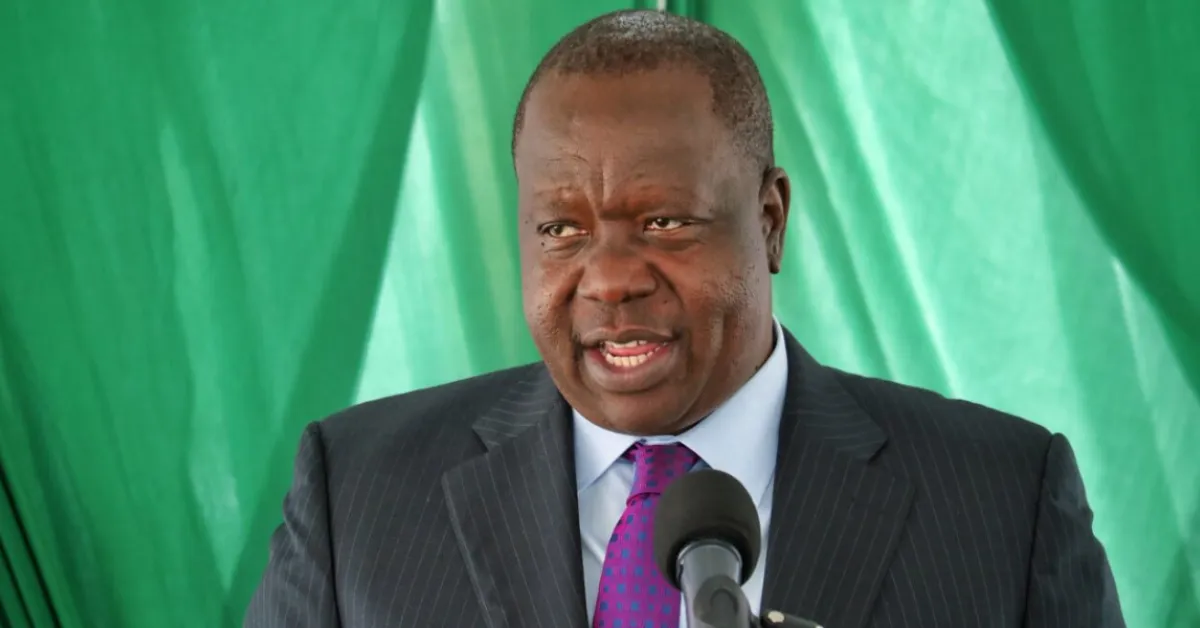
Former Interior Cabinet Secretary Fred Matiang'i has ignited a national debate by offering to testify on alleged extrajudicial killings and politically sensitive deaths, demanding a comprehensive public inquest into such incidents spanning Kenya's entire post-independence history, dating back to 1963.
His challenge occurs against a backdrop of escalating political tension and renewed public focus on unresolved murders and abuses within the security apparatus. In a statement issued on 26 June, Matiang'i positions himself as a potential whistleblower, rather than solely as a subject of investigation, within a deeply entrenched system.
"The only way out is being true to ourselves, true to our responsibilities and mandate... Let us go back and have an open public inquest on everything that has happened," he said.
This proposal emerges amidst mounting public scrutiny of the unresolved killings of prominent figures, including Sergeant Kipyegon Kenei, Independent Electoral and Boundaries Commission (IEBC) ICT official Chris Msando, and businessman Jacob Juma, as well as the discovery of numerous bodies in River Yala during his tenure. His challenge occurs as Kenya heads toward the 2027 General Election, and he is increasingly viewed as a key opposition figure and a possible presidential contender.
While he has not formally announced his candidature, his growing political engagements suggest careful positioning. Supported by the Jubilee Party and its Secretary-General Jeremiah Kioni, and having formed alliances with key opposition leaders such as Kalonzo Musyoka, Eugene Wamalwa and Rigathi Gachagua, Matiang'i appears to be at the centre of a coalition aimed at unseating President William Ruto. Matiang'i served in the powerful Interior docket from 2018 until the change of administration in September 2022, holding a key role in law enforcement and national security under President Uhuru Kenyatta.
He was first appointed in an acting capacity in December 2015 before being confirmed in the position. His influence and authority during this period place him at the centre of a legacy now being re-examined by a new generation of citizens demanding justice and accountability. His call for accountability reflects a broader demand from the Kenyan public for transparency and justice regarding unresolved killings and alleged abuses within the security forces.
The incidents of bodies being dumped in River Yala, which began surfacing prominently in 2019 and climaxed in 2022 with dozens of unidentified bodies retrieved, have been widely condemned as indicative of systemic abuse within Kenya's security apparatus. The discoveries coincided with the final years of the Kenyatta presidency, raising questions about who sanctioned these operations and what mechanisms allowed them to continue unchecked.
Several high-profile cases, including the murders of Sergeant Kenei, Chris Msando, and Jacob Juma, continue to haunt Kenya's political landscape. Kenei's 2020 murder, initially ruled a suicide but later reclassified by the Directorate of Criminal Investigations (DCI) as a politically motivated execution, remains a contentious issue. The then DCI, George Kinoti, alleged that the killing was intended to protect powerful figures involved in a fraudulent arms deal.
Msando's brutal killing in 2017 just before the General Election, and Juma's assassination in 2016 after he accused high-ranking officials of corruption, also remain unresolved and sources of public outrage. Matiang'i insists he has vital information on these cases and is prepared to testify under the condition that others are also compelled to do the same.
"It is only when everything has been heard and resolved that we can have the truth," he says.
He calls for an "open public inquest" involving not only current leaders but also former officials with access to sensitive state operations. He cautions against the weaponisation of any investigation for political expediency. "We should not confine the information and investigations to recent happenings," he says. "Again, 62 years after independence, we should not live like this."
His rhetoric comes amid renewed civil unrest. On 25 June, countrywide protests culminated in the deaths of at least 15 people, held to honour victims of previous protests, including those killed in 2024 during confrontations with police. At a joint press conference with Musyoka and Wamalwa, Matiang'i condemned the violent response to demonstrators.
Despite his call for transparency, Matiang'i's appeal faces a credibility challenge, particularly among younger voters who associate his time in government with institutional excesses and a lack of transparency. Critics have pointed to his silence on several high-profile abuses while in office. His recent comments about the police killings of teacher and blogger Albert Ojwang and street vendor Boniface Kariuki have revived debates about the culture of impunity within security forces, a culture many see as having flourished during his stewardship.
Matiang'i argues that unless Kenya confronts its past, including atrocities that predate his tenure, the cycle of violence and repression will persist. "We have swept too much under the carpet. It's time to face the truth," he said.

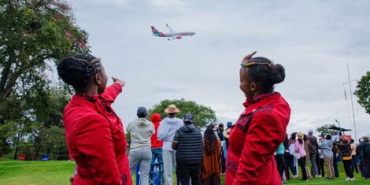
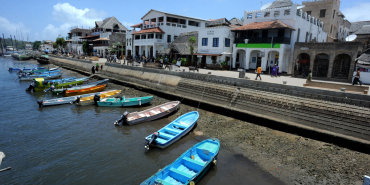
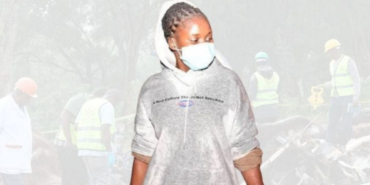
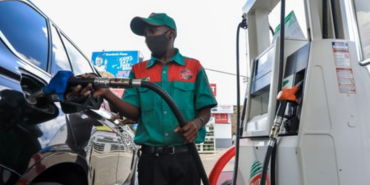
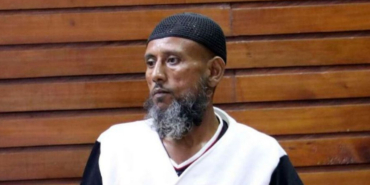
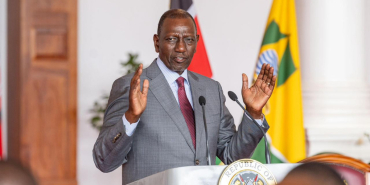
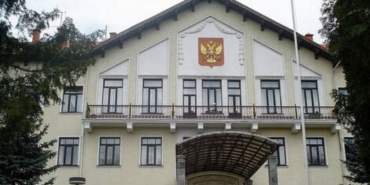
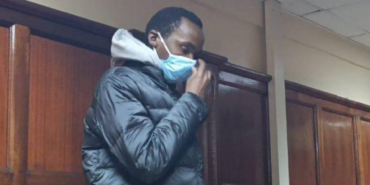
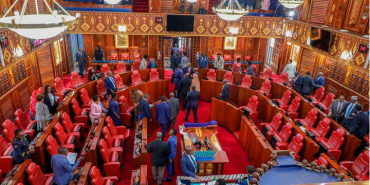




Add new comment